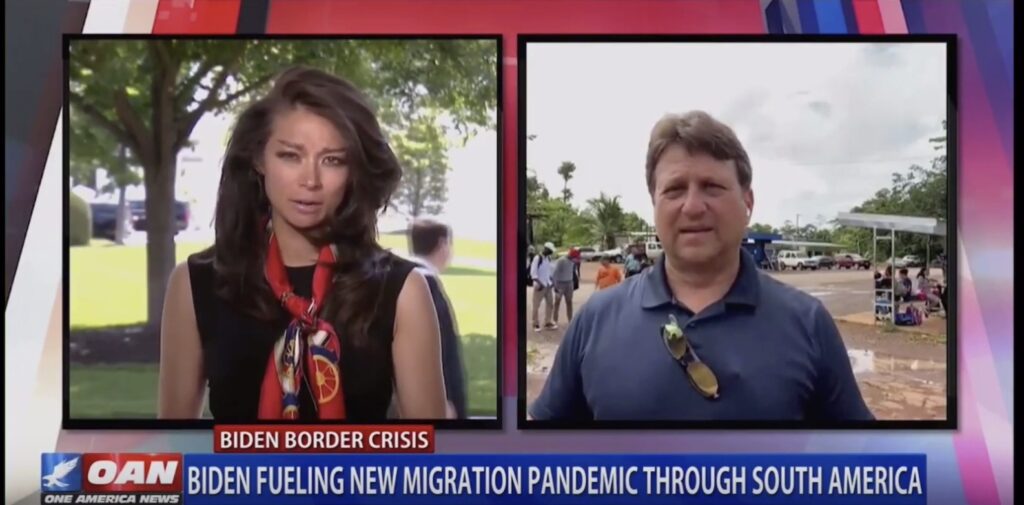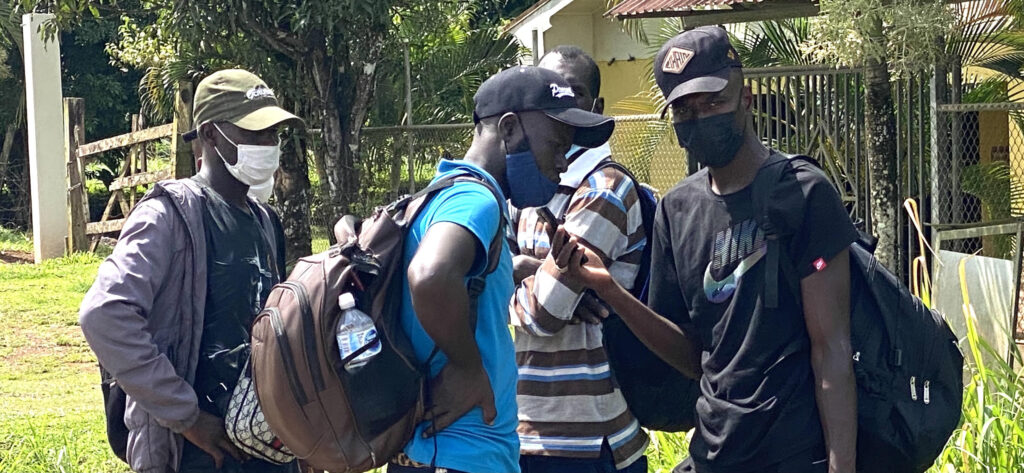
The intercontinental trail connecting the world to the U.S. border is more congested than at any time in recent memory, with people from Bangladesh, Uzbekistan, Burkina Faso, Syria, Iraq, Pakistan, Somalia, and other countries. The significance of this “extra-continental” flow is that it ferries peoples from nations where violent Islamic extremism is rampant, as well as from African nations rife with war criminals and brutal tribal militia. At issue with this species of immigration is that any criminal histories, violent backgrounds, and purported persecution stories are rarely discoverable by U.S. homeland security agencies. Legalizing illegal entry by people from such uniquely lawless nations becomes a public-safety gamble.
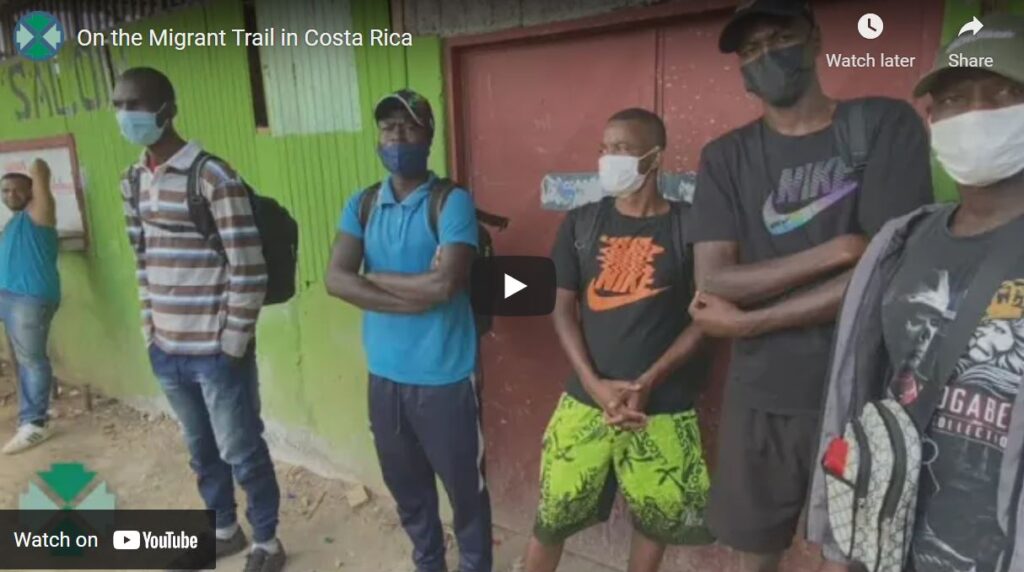
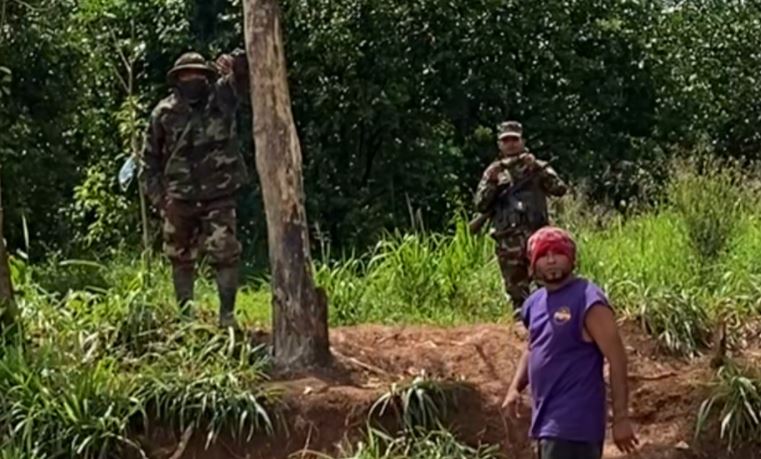
The U.S. migration crisis in plain view at the Costa Rica-Nicaragua border
The world route is more congested than at any time in recent memory, with people from Bangladesh, Uzbekistan, Russia, Burkina Faso, Mauritania, Syria, Iraq, Pakistan, Somalia, and dozens of other countries. This aspect of the U.S. mass migration crisis carries persistently ignored burdens and concerns for the American public.
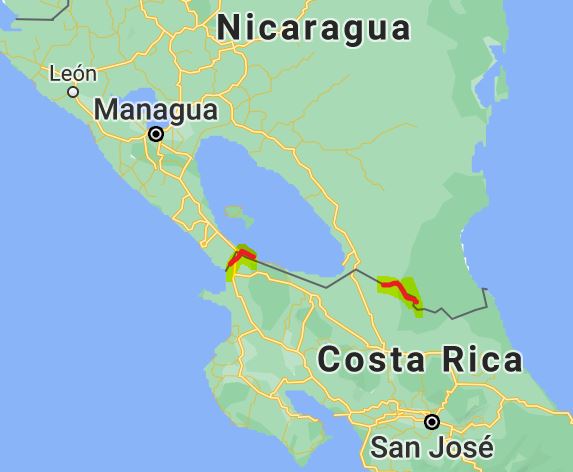
A tricky, unreported route to the U.S. border from U.S. ally Costa Rica to foe Nicaragua, Part II
La Trocha and its environs in the northeast corner of Costa Rica (southeast Nicaragua), and to some extent around the northwestern town of La Cruz, have become ground zero of a roaring unreported human smuggling conveyor belt to the U.S. southern border. The machine on this section of a long international trail is transporting northward unprecedented thousands of “extra-continental” migrants from around the world, meaning non-Mexican and non-Central American peoples.
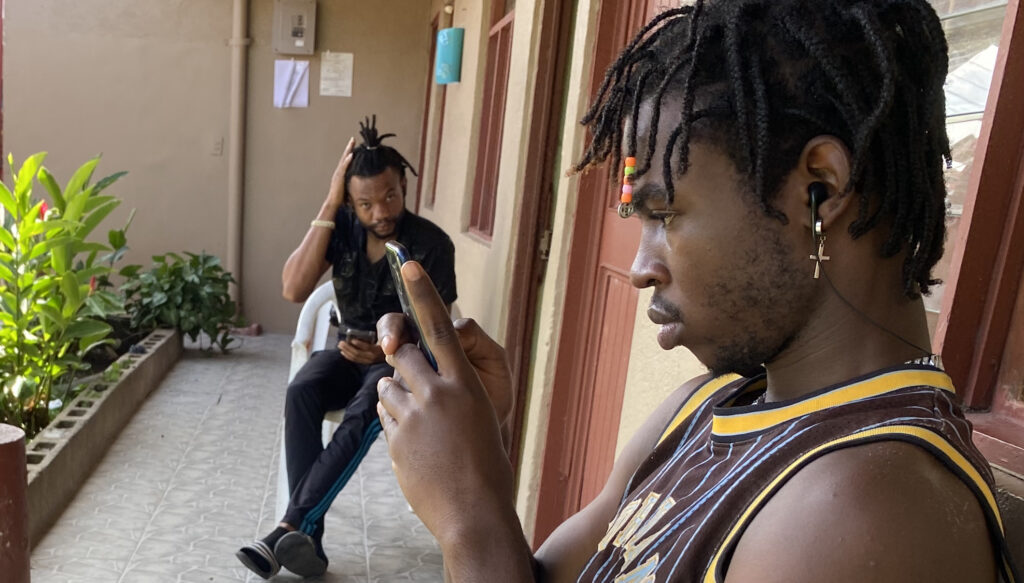
The bogus narrative of Haitian ‘asylum-seekers’ crossing the southern border, Part III
The story is that Haitians who are now flooding through and gaining admittance to American cities need permanent asylum to avoid deportation to the violence, poverty, and government persecution they’ve just fled in their home country. But interviews in northern Costa Rica indicate that this narrative is mostly fable. Significant numbers of Haitians recently arrived in the U.S. or still en route enjoyed years of peace and relative prosperity in Chile, which boasts South America’s strongest economy and a government generous with residency and work authorization for Haitians. Is a mass asylum fraud underway?

Newly Indicted War Criminal from Africa Reminds of Need for Vetting
Illegal immigrants from Africa pose a national security risk that is different than the more familiar ones from Central America because U.S. homeland security agencies often can’t nail down whether some are radicalized Islamic terrorists, violent atrocity-committing war criminals – or victims of those very scourges. Now comes news of the recent federal indictment against Mezemr Abebe Belayneh, an Ethiopian living as a naturalized American citizen in Snellville, Georgia.


